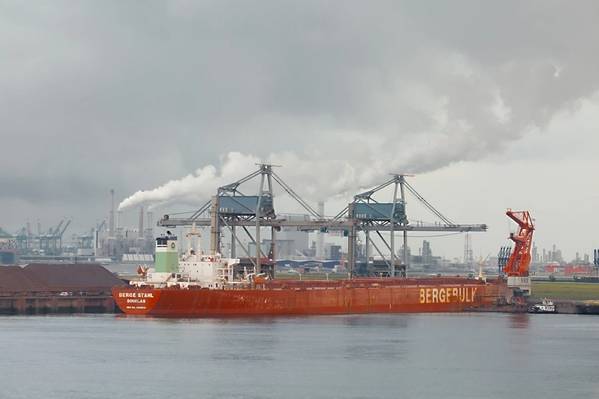
The Baltic Exchange's main dry bulk sea freight index dropped on Tuesday to its lowest since mid-August, as demand eased across all vessel segments.
The overall index, which factors in rates for capesize, panamax, supramax and handysize vessels, fell for a sixth straight session by 115 points, or 3%, to 3,707, its lowest since Aug. 17.
The capesize index declined 271 points, or 5.1%, to 5,091, its lowest in three weeks.
Average daily earnings for capesizes, which transport 150,000-tonne cargoes such as iron ore and coal, decreased by $2,245 to $42,220.
China's iron ore futures rebounded on Tuesday from a seven-month low, though gains were capped after data showed the world's largest steel producer ramped up purchases of the steelmaking raw material last month.
The panamax index dropped 48 points, or 1.4%, to a near one-month low of 3,496.
Average daily earnings for panamaxes, which usually carry coal or grain cargoes of about 60,000 tonnes to 70,000 tonnes, decreased by $427 to $31,468.
Among smaller vessels, the supramax index dipped 37 points to 3,256, its lowest since Aug. 19.
(Reporting by Rahul Paswan; Editing by Aditya Soni)




